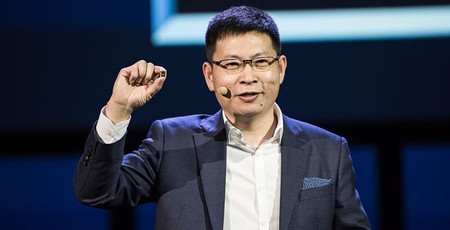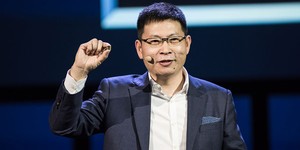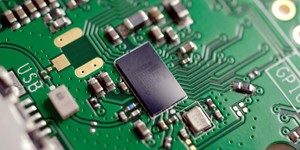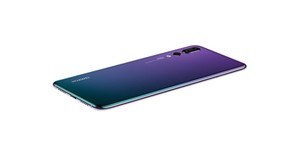Huawei hit by software, chip supply blockade
May 20, 2019 | 11:42
Companies: #alphabet #broadcom #chinese-government #google #hisilicon #honor #huawei #infineon #intel #qualcomm #us-government #xilinx

Chinese telecommunications giant Huawei has reportedly lost access to Android updates, the Google Play platform, and selected hardware from US companies, following the signing of a memorandum by US President Donald Trump which puts the company on a national blacklist.
The US and China have been engaged in a trade war since US President Donald Trump placed new tariffs against the nation in March 2018. Since then, the tariffs have increased again and again - and last week President Trump took a new tack, signing a memorandum which placed Chinese telecommunications giant Huawei on a national blacklist over, he claimed, concerns regarding national security and the likelihood of the Chinese government having placed back door code into Huawei hardware.
Now, the impact of that blacklisting is being felt: Reuters was the first to report that Google has suspended all business with Huawei relating to the transfer of hardware, software, and technical services - meaning that the company immediately loses access to future Android operating system updates other than publicly released under the Android Open Source Project, and its future devices will be unable to access any of the Google Apps ecosystem including the Google Play Store software distribution platform.
The news that Google was cutting ties with the company was followed by a report from Bloomberg that component suppliers Intel, Qualcomm, Infineon, Xilinx, and Broadcom have told employees that they will no longer be supplying Huawei. While the company has its own silicon design subsidiary, HiSilicon, that leaves it without a supplier for the modem chips it needs for future smartphones.
'Huawei has made substantial contributions to the development and growth of Android around the world,' the company claims in a formal response to the news. 'As one of Android's key global partners, we have worked closely with their open-source platform to develop an ecosystem that has benefited both users and the industry. Huawei will continue to provide security updates and after-sales services to all existing Huawei and Honor [Huawei's budget-brand subsidiary] smartphone and tablet products covering those that have been sold or still in stock globally. We will continue to build a safe and sustainable software ecosystem, in order to provide the best experience for all users globally.'
The blockade comes on the heels of claims Huawei and others have been investigating developing a mobile operating system of their own, specifically due to concerns that Google could pull their access to everything beyond the Android Open Source Project at any time.
UPDATE 20190521:
Huawei has been granted a temporary 'general licence' by the US government, allowing it to continue receiving hardware and software from US companies for a period of 90 days in order that it can continue to support existing US customers. Neither the US government nor Huawei have offered an explanation for what will happen when the 90-day licence expires.
UPDATE 20190522:
The BBC is reporting on an internal memo to staff at Arm which allegedly states the Cambridge-based company, owned by Japanese technology giant SoftBank, will be complying with the US trade blockade. If so, Huawei will be prevented from using technology it has licensed from Arm - including the processor and system-on-chip intellectual property (IP) which powers the processors designed by its HiSilicon subsidiary. Thus far, neither Arm nor Huawei have commented on the outlet's claim.

MSI MPG Velox 100R Chassis Review
October 14 2021 | 15:04








Want to comment? Please log in.